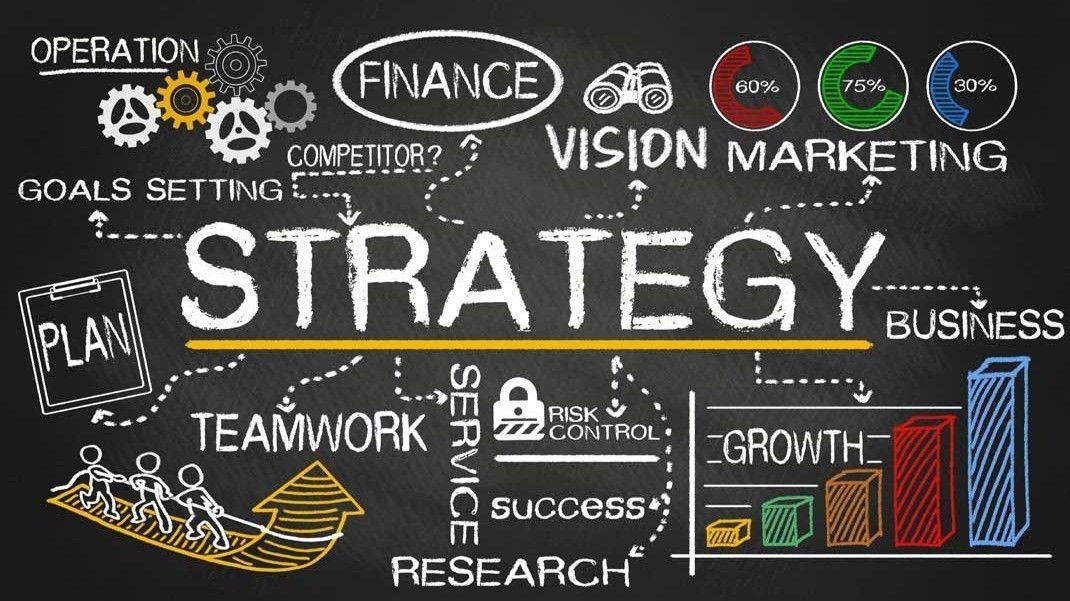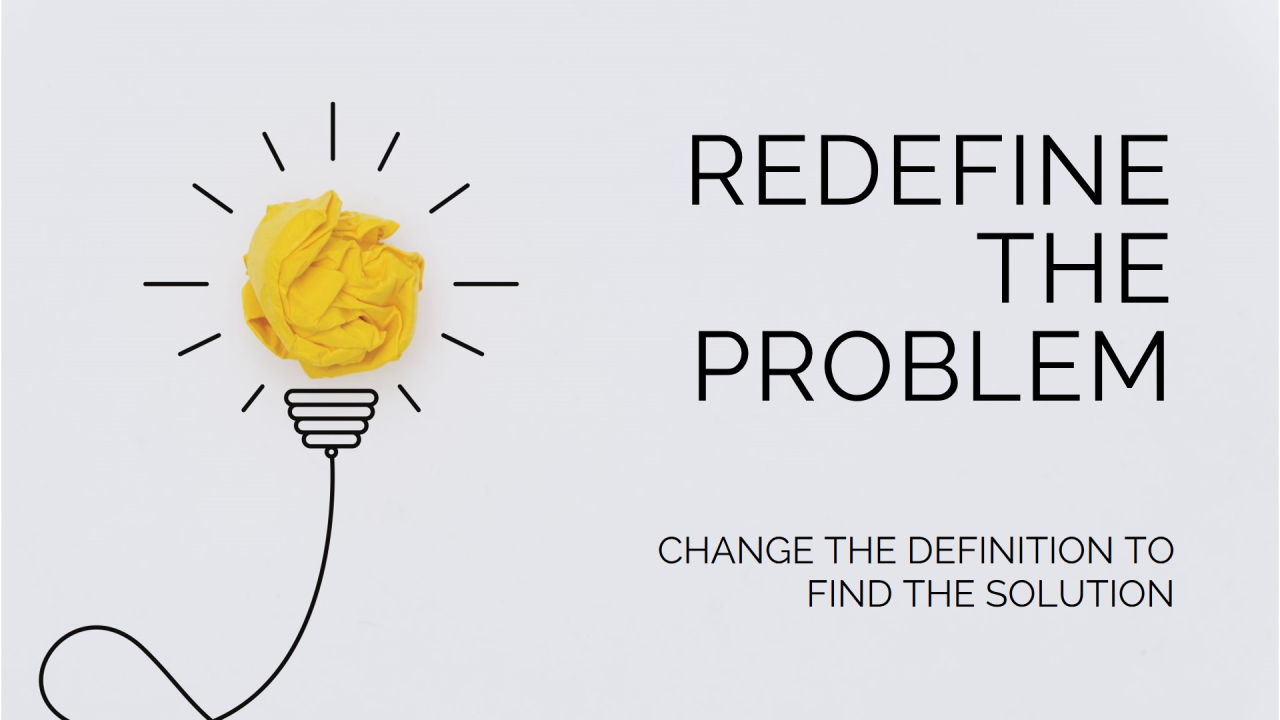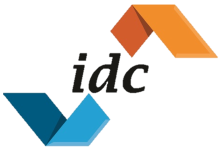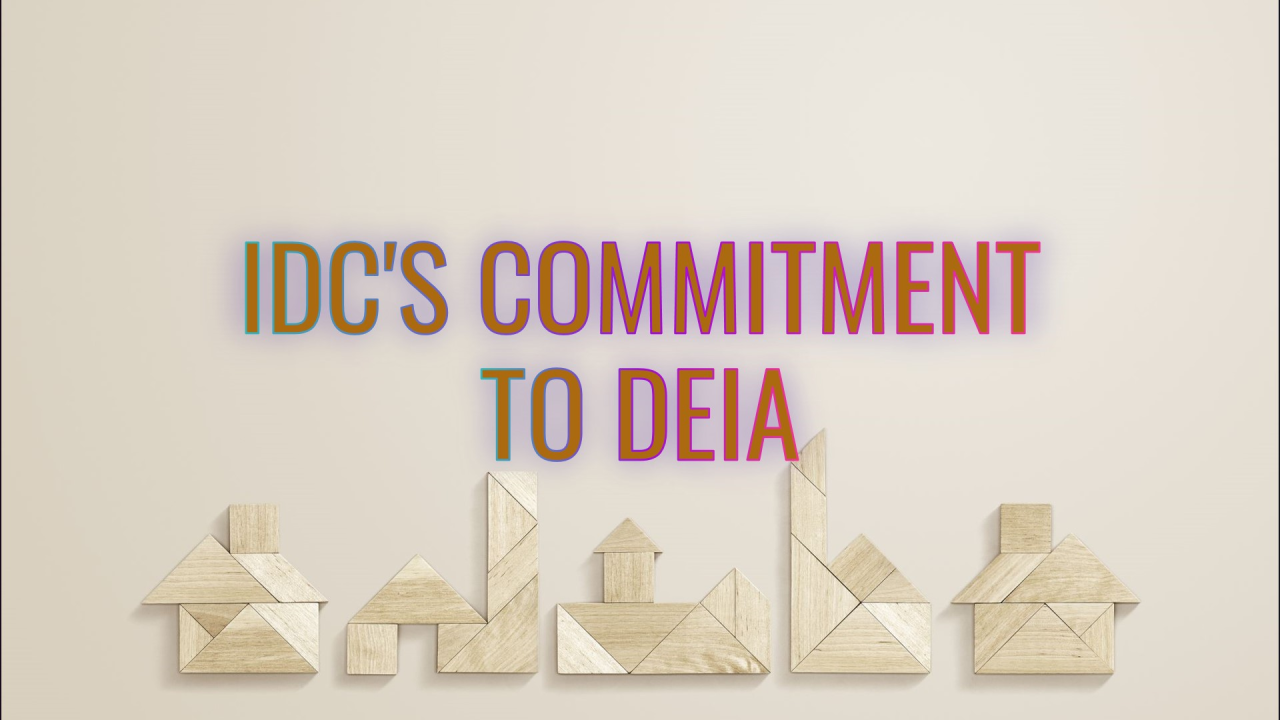9 Ways to Drive Inclusive Hiring Practices within 2023 Legal Parameters
Anti-DEI legislation in Florida and Texas prohibits diversity, equity, and inclusion (DEI) efforts at publicly funded universities and companies that do business with the state. It bans training that discusses race, ethnicity, gender, or sexual orientation, and has been criticized by some as discriminatory and harmful.
And as a CEO or hiring manager, you know that DEI are essential for a successful business. A diverse workforce can bring different perspectives and experiences to the table, which can lead to better decision-making, innovation, and creativity.
One of the most important things you can do to promote DEI is to ensure your hiring practices are inclusive. This means creating a fair and equitable hiring process that gives all candidates an equal opportunity to be considered for a job.
9 tips for driving inclusive hiring practices within the boundaries of the anti-DEI legislation:
1. Be aware of your own biases.
It's important to be aware of your own biases when interviewing candidates. Everyone has unconscious biases, but it's important to be aware of them so that you can make fair and unbiased hiring decisions.
2. Focus on unconscious bias training.
Unconscious bias training can help employees to become aware of their own biases and how those biases may impact their decision-making. It's important that training is tailored to your organization.
3. Create a diversity and inclusion committee.
A diversity and inclusion committee can help to develop and implement diversity and inclusion initiatives within an organization. The committee should consist of employees from all levels of the organization to ensure the committee has a broad perspective on diversity and inclusion issues.
4. Provide employees with opportunities to learn about different cultures and perspectives.
This can be done through employee resource groups, training programs, or other initiatives. Be inclusive by ensuring these options are available to all employees.
5. Use inclusive language in job descriptions and marketing materials.
Avoid using gendered language or terms that may alienate certain groups of candidates. For example, instead of saying "he" or "she," use "they" or "the candidate" and instead of “manpower,” use “workforce.” Also, avoid using industry jargon that may be unfamiliar to some candidates.
6. Use a diverse interview panel.
When interviewing candidates, it's important to have a diverse panel of interviewers. This will help to ensure that all candidates are evaluated fairly and that no one's qualifications are overlooked due to unconscious bias. You should also ensure that panel members have taken unconscious bias training.
7. Ask questions that focus on skills and experience.
When interviewing candidates, focus on questions relevant to the job and avoid questions that are personal or could be considered discriminatory. For example, you shouldn't ask about a candidate's marital status, number of children, or religion.
8. Track your hiring data.
Tracking your hiring data can help you identify any areas where your hiring practices may be unfair or discriminatory. For example, you can track the number of candidates from underrepresented groups who are interviewed, hired, and promoted.
9. Be transparent about your DEI efforts.
Let candidates know that your company is committed to DEI. You can do this by including information about your DEI efforts on your website, in your job postings, and during interviews. When being transparent about your DEI efforts, it's important to be specific about your goals and how you plan to achieve them. This will help to build trust with potential candidates and employees.
By following these tips, you can help to create a more diverse and inclusive hiring process, even within the boundaries of the anti-DEI legislation in Florida and Texas. This will help you attract and hire the best talent, regardless of their background.
Organizations should consult with legal counsel to ensure that they comply with the law.
Create a More Successful Business
In today's global economy, businesses that are successful are those that can attract and retain the best talent, regardless of their background. A diverse workforce brings different perspectives and experiences to the table, which can lead to better decision-making, innovation, and creativity. The Institute for Diversity Certification (IDC)® is the leading provider of diversity certification programs. Credentialed professionals have the skills and knowledge to create a more welcoming, supportive environment for all employees.
If you're looking to create a more successful business, then you need to invest in diversity, equity, and inclusion certification. IDC's programs can help you attract and retain the best talent, improve decision-making, and boost innovation.
IDC® offers two certification programs for all types of professionals and executives who are committed to creating diverse, equitable, and inclusive workplaces:
- Certified Diversity Professional (CDP)® - designed for anyone interested in or responsible for championing diversity in their organization.
- Certified Diversity Executive (CDE)® - designed for executives who are responsible for setting the vision and strategy for their organizations.
Investing in DEI is an investment in your organization's future. By becoming certified, you can show your commitment to DEI and help your organization create a more inclusive and productive workplace for all. Discover IDC's certification programs!
Share This Article!
Disclaimer: Content on this blog is authored by multiple sources. While we do make every attempt to proofread and fact-check, unless authored our staff, the views expressed do not necessarily reflect those of the Institute for Diversity Certification (IDC), Inc.
More Insightful DEIA Blogs











Share On: